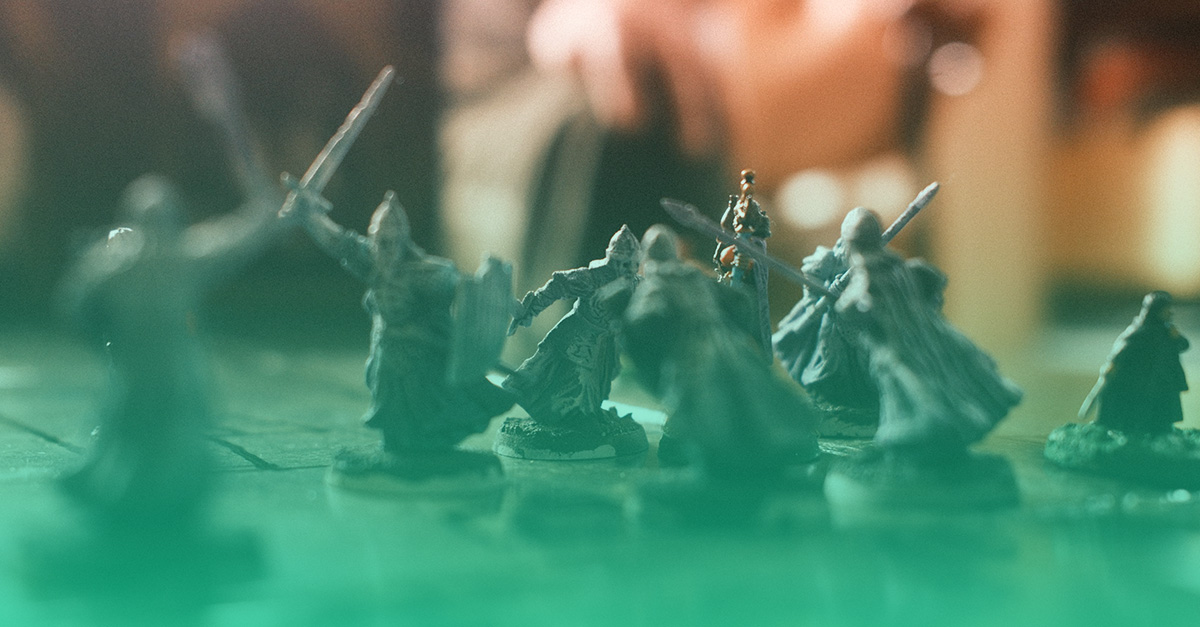
Okay, hear me on this one. This isn't just an attempt to turn everything into career advice or content. I think there are so many great and important parallels for leading folks through a role-playing fantasy adventure and guiding students on their journey to learn new skills.
Before we begin, let's get some terms clear. D&D is a TTRPG (Table-Top Role-Playing Game) where there are two-types of people playing the game. There is one Dungeon Master who guides the players through a story they've written for them (in reality a good dungeon master writes the story alongside players, though) and players who adopt the identity of a character trying to complete a mission collaboratively with other players.
While being a player has made me more empathic and willing to "share the spotlight" inside and outside of the game, being a Dungeon Master has been a pivotal influence for me in my career as an educator.
Let's talk through it.
The job of Dungeon Master starts with creating the world the players will adventure in, including the cultures they will encounter, the challenges they will face, and the larger story they will be a crucial part of.
A good DM (Dungeon Master) knows that all those pieces are centered around the players, so knowing them, their motivations for playing, their personal stories, and things that might make them uncomfortable is an important part of creating a world for them.
To make sure DM's get this right, we often hold a meeting before the game where we learn about the players, what they want out of their game together, and what they might want to avoid (often called session 0). We aim to build an atmosphere that empowers them and keeps them safe. Most importantly, we want them to engage with the world and have fun with the game they are about play.
After we've learned about our players, created a story and world (that includes the characters and their personal objectives and motivations) we begin preparing the first night of playing together. To prepare we create challenging (but accomplishable) tasks, narrative hooks to keep them engaged, and setup the physical (or virtual) space to prepare for the evening.
Most of the work that leads to a successful night of Dungeons and Dragons is done before the players even arrive.
When we run a session, as dungeon masters we constantly adapt the plan to what the players are doing and what we think will be the most fun for them. Attempting to give each one a moment to shine in front of others, all leading to the completion of a task for the evening (Retrieving a magical item from an evil mage, defeating a dragon, rebalancing the forces of nature, etc.).
I think you can see where this is going.
All of these things have a direct connection to the skills I use when working with students in a classroom. As educators, we learn about our students by reviewing the work they've completed in previous classes. We set up realistic objectives in our learning outcomes, attempt to create a classroom atmosphere of safety, and adapt in real time to our student's needs as we teach.
The process is so similar, it's baffling to me sometimes.
So next time, it takes an extra night to get my marks back to my students, just know I was "practicing my instructional skills" as a dragon locked in combat with some of my closest friends.
